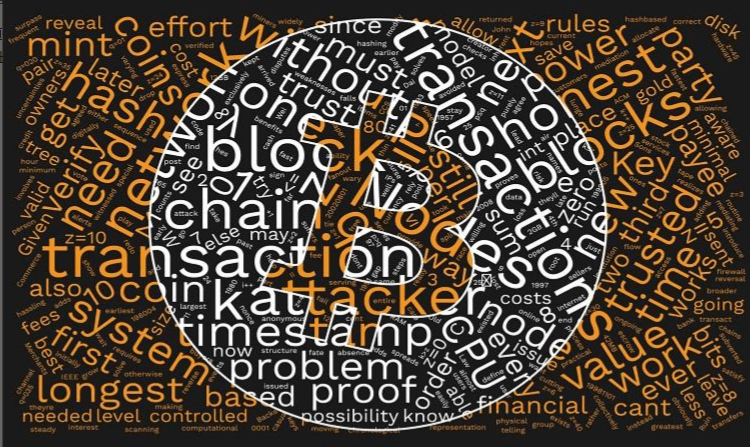Core Characteristics of Bitcoin
Decentralized Design: Bitcoin does not rely on central institutions for issuance or management, enabling peer-to-peer transactions through blockchain technology, theoretically reducing government or bank control.
Fixed Supply: The total supply of Bitcoin is capped at 21 million coins, and this scarcity is viewed by some investors as a 'digital gold' attribute similar to that of gold.
Price Volatility: Historical data shows that Bitcoin's price is highly volatile; for example, the price rose from about $5,000 in 2020 to $64,000 in 2021 and then fell significantly.

Value Controversy of Bitcoin
Supporting Viewpoints: Some opinions suggest that Bitcoin is 'digital gold,' with its value stemming from technological scarcity and decentralization. The reference content mentions that 'Bitcoin is the gold in the new financial world,' emphasizing its potential as a consensus asset.
Opposing Viewpoints: Countries like China clearly prohibit Bitcoin trading, arguing that it lacks intrinsic value and poses financial risks. The reference content points out that 'China does not recognize Bitcoin' and mentions associated legal risks.

Market Performance of Bitcoin
Historical Price Fluctuations: In 2021, Bitcoin's price surpassed $60,000, but then fell sharply due to market adjustments and regulatory pressures. In 2023, the price briefly dropped to around $16,000.
Current Price: As of August 2025, Bitcoin's price fluctuated between $110,000 and $120,000, with the reference content mentioning 'now is the best shorting opportunity,' implying potential short-term pressure.
Future Prediction: The market is divided, with some opinions suggesting that Bitcoin could rise to $300,000 (as mentioned in the reference content 'if political and ETF funds continue to support'), but more analysis believes that $150,000 is a more realistic conservative prediction.

Conservative Prediction.
Risks and Challenges of Bitcoin
Regulatory Risks: Countries like China have explicitly prohibited virtual currency trading, and individuals holding or trading may face legal risks. The reference content emphasizes that 'China does not recognize Bitcoin' and warns about 'going overseas and being afraid of being scammed.'
Technical Risks: The Bitcoin network has faced significant vulnerabilities (such as the 2016 DAO incident), and exchanges have been hacked multiple times, resulting in user asset losses.
Market Manipulation: The reference content mentions that 'the total share of the top two largest holding institutions exceeds half,' implying that large institutions may influence prices by controlling computing power.
Storage Risks: If users lose their private keys or mnemonic phrases, assets will be permanently unrecoverable. The reference content includes someone who was unable to use their Bitcoin due to 'forgetting the password.'
Current Status of Bitcoin Holdings
Personal Holding Situation: The reference content shows that the proportion of ordinary people holding Bitcoin is extremely low, with most choosing not to participate due to risks or legal reasons. For example, the response to 'how many people around you actually own Bitcoin?' shows that only the author holds it.
Institutional Participation: Some institutions (such as MicroStrategy) have adopted Bitcoin as part of their asset allocation, but ordinary investors find it difficult to access the same resources.

Future Prospects of Bitcoin
Technological Development: Bitcoin is continuously upgraded (such as the Lightning Network) to improve transaction efficiency and reduce fees.
Regulatory Game: There are significant differences in regulatory policies among countries. Countries like the United States are exploring paths for compliance (such as Bitcoin ETFs), while countries like China are implementing strict restrictions.
Market Cycles: The reference content mentions 'the Bitcoin halving cycle,' meaning that the production is halved every four years, which may trigger price fluctuations, but the actual impact is disputed.
Summary
As an emerging asset, Bitcoin combines technological innovation with high-risk characteristics. Its core value lies in decentralized consensus, but price volatility, regulatory risks, and technical flaws make it unsuitable for all investors. The reference content repeatedly emphasizes 'Do not invest blindly,' advising ordinary users to carefully assess risks to avoid repeating the mistakes of 'eos dissipating into thin air.' For Chinese users, special attention must be paid to legal compliance to avoid participating in illegal trading.#比特币
BTC ETH

